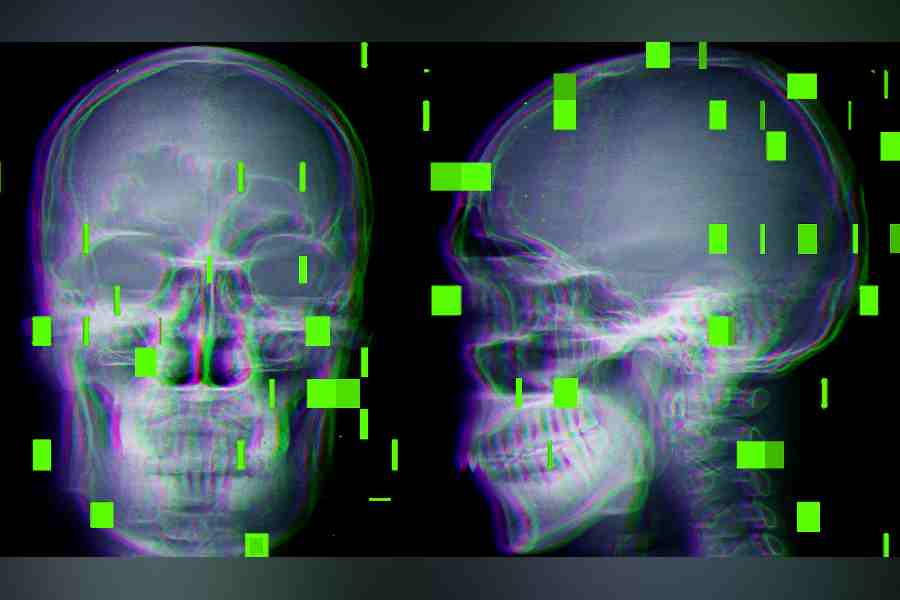Menopause can produce symptoms in many parts of the body, and sometimes in unexpected ways, said Rebecca Thurston, an assistant dean for women’s health research and a professor of psychiatry at the University of Pittsburgh, US. We asked the experts about the biggest menopause misconceptions they had encountered. Here’s what they want women to know.
Myth 1
It’s only hot flashes. Hot flashes are a menopausal hallmark but numerous lesser-known symptoms are also linked to menopause, including insomnia, mood changes, brain fog, vaginal dryness, joint pain and more. That’s largely because menopause is driven by changing levels of oestrogen, which affects all tissues. During perimenopause, the years leading up to one’s final menstrual period, oestrogen fluctuates wildly. After menopause, it settles at a low level. Unfortunately, many people don’t know the full range of symptoms this process can cause, said Dr JoAnn Manson, an endocrinologist and a professor at Harvard Medical School, US. That means they may not realise a symptom is menopause-related.
Myth 2
Everything is a menopause symptom. “Until recently, a lot of women’s symptoms were dismissed or misunderstood as something not related to our hormones,” said Dr Anna Barbieri, an ob-gyn and integrative medicine physician in New York, US. But some doctors worry that there has been too much of a shift in the opposite direction. “Now the pendulum is swinging more toward, ‘Everything is menopause and perimenopause,’ and that’s an oversimplification also,” Dr Barbieri said. Dr Pelin Batur, a professor of obstetrics, gynaecology and reproductive biology at the Cleveland Clinic, US, said she had seen many cases in which patients and their providers attributed symptoms like fatigue to menopause, and didn’t do basic testing that would have revealed anaemia, thyroid problems or vitamin deficiencies as the real cause.
Myth 3
Hormone therapy is dangerous. Until 2002, medical providers routinely prescribed hormone therapy for menopausal symptoms. Then a highly publicised study found a small increase in breast cancer and blood clots among women taking oestrogen and progestin. Hormone use plummeted, and many women still fear it. In reality, experts said, the benefits — including relief from hot flashes and vaginal dryness, and reduced risk of osteoporosis — outweigh the low risks for most women who are experiencing disruptive symptoms, said Dr Lauren Streicher, a clinical professor of obstetrics and gynaecology at Northwestern University, US.
Myth 4
Natural treatments are safer. Many women, fearing hormones, opt for herbs and supplements. But “just because something may be marketed as natural, that does not necessarily mean that it’s safe,” Dr Manson said. Almost none of the supplements promoted by many influencers is supported by solid evidence, said Dr Nanette Santoro, the chair of the department of obstetrics and gynaecology at the University of Colorado, US. And their production is only lightly regulated. After many women abandoned FDA-approved hormones, some chose another ostensibly natural treatment: “bioidenticals”, or hormones that match those the human body produces. Loosely regulated compounding pharmacies that make them have claimed they are safer than conjugated oestrogen, derived from horses. But research doesn’t back that up.
Myth 5
You just need to tough it out. Many patients are determined to ride out menopause without help. But researchers say that could lead to serious medical problems. Women who have frequent or severe hot flashes are likelier to develop cardiovascular disease. Those with more hot flashes during sleep tend to have poorer memory. Research is underway to determine why, said Thurston, who has studied the topic. Hot flashes can lead to poor sleep, which is linked to cardiovascular disease, diabetes and cognitive decline, but less-understood factors may be involved as well. Vaginal dryness also increases the risk of urinary tract infections. Even asymptomatic people typically experience metabolic changes and lower bone density in menopause. Women can get tests and treatments that may reduce their risk, several experts said. In general, menopause is a crucial time to pay attention to your health, including eating well, exercising and monitoring your blood pressure and cholesterol.
Myth 6
Your sex life will not be great. Pain during sex is common in menopause, and “people tend to have lower spontaneous desire”, said Dr Diana Bitner, the chief medical officer and co-founder of “true. Women’s Health”, a concierge clinic. That can create a self-perpetuating cycle in which “the less sex that happens, the less sex that is asked for”. But this cycle is breakable. Experts said open discussions with patients were essential. Moisturisers, lubricants and vaginal oestrogen can help with dryness and pain. And testosterone, while not approved by the FDA for menopausal symptoms, is prescribed off label for libido.
Myth 7
Perimenopausal women can’t get pregnant. It’s a common scenario in Dr Batur’s practice, she said: a patient who hadn’t had a period for months, and who believed she was in menopause, shows up pregnant. Even if your periods are infrequent, you can get pregnant during perimenopause. Pregnancy remains a possibility until you have finished perimenopause and gone a full year without a period (in the absence of another condition that affects your periods).
NYTNS










